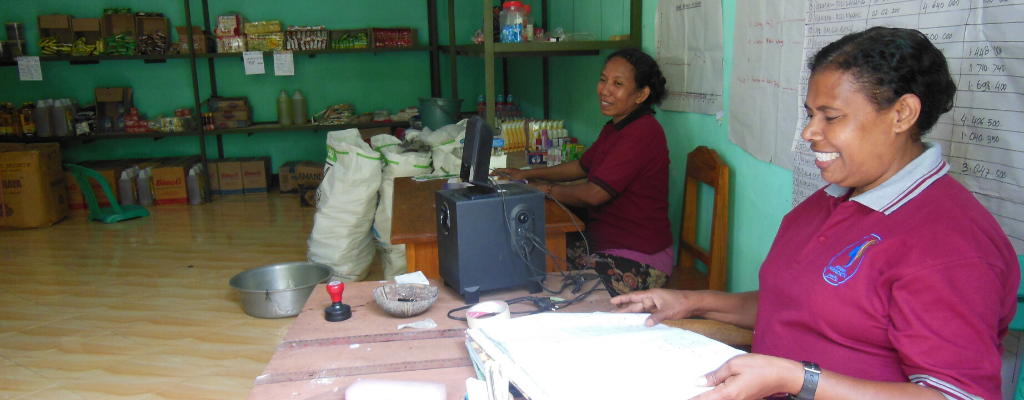As the world’s economic elites gather in Davos, I am reflecting on a blog I wrote last year in reaction to the 2019 World Economic Forum focus on “Globalisation 4.0”. Entitled ‘Putting the spotlight on “participation” in economic alternatives’, the blog questioned the Davos model of closed door decision-making and cult of leadership, which marginalise the views of ‘ordinary’ people and fail to adequately reflect either their values or the value that they create.
The blog was inspired by research we were immersed in at the time, supported by the Open Society Foundations. Building on years of work by IDS and others on how to increase the voice of disenfranchised groups in political and social processes, this research sought to understand how the concepts and practices of participation could apply in economic matters.
Reflecting on 40+ examples of participation in economic decision-making we had been collecting for the project, the blog called for greater participation as part of the future economy that Davos was invoking.
What constitutes meaningful participation in economic governance?
The blog ended with some open questions. What exactly constitutes meaningful participation in economic governance, and what are the key conditions which enable or inhibit it?
Over the course of this past year, we have been working with organisations that can help answer these questions, and this blog represents the first in a series where we reveal our findings. As a starting point, I want to highlight these examples.
These organisations do not fit the mould of ‘Davos Man’, but they are nevertheless leaders, and alternative models worth due consideration. These groups and movements are demonstrating how people formerly excluded from economic decision-making can gain greater control over resources and a greater voice in economic governance.
Through experimentation, failures, successes and continued efforts, they are creating structures of economic exchange and ownership rooted in collective autonomy and mutual benefit.
Groups and movements demonstrating new models of economic governance

- PEKKA has been supporting the development of grass-roots member-owned cooperatives of female heads of households in rural Indonesia since 2001. These cooperatives have empowered women members through developing community-owned microfinance savings and borrowing; a closed trading and marketing system, branded as PEKKA Mart; and economic lobbying and advocacy activities.
- Thousand Currents has been working with 10 grass-roots organisations, such as EduPaz in Mexico and 8 institutional investors, such as the Swift Foundation, to develop the Buen Vivir Fund. Launched as a participatory impact investment vehicle in 2018, the Fund elevates the tried and tested economic practices of grass-roots partners to the level of a global investment fund.
- The Ghana Civil Society Platform on the IMF Programme (now developed into the Economic Governance Platform) has been at the forefront of civil society engagement with the IMF and the Government of Ghana. The Platform has brought civil society concerns to influence the design, implementation and monitoring of an IMF-backed extended credit arrangement for Ghana (2015–18).
- The Brazilian Network of Community Development Banks has been spreading a model of solidarity finance through the country, based on the example of Banco Palmas. Banco Palmas emerged within a favela in the north of Brazil in 1998. It supports a more people-centre economy based on small, community-sanctioned loans, the use of a local currency to keep wealth circulating locally, and the development of participatory deliberative and decision-making spaces. Banco Palmas is also at the forefront of the use of technological innovation, such as e-currencies, in community banking.
As this year’s World Economic Forum moves on from Globalisation 4.0, it is good to see the event focusing on ‘Fairer Economies’ as one of its 7 themes. This year’s Forum even goes so far as to flag the need ‘to transform industries to achieve more sustainable and inclusive business models’ as one of four urgent global issues it hopes to address, which is a welcome statement.
However, to achieve economic justice, we need to go beyond paying lip service to the idea of economic inclusion, and tap into the transformative potential of alternative business models. We will never achieve economic justice unless we achieve meaningful participation in economic governance and decision-making.
This blog is the first in a series on Democratising Economic Power.
